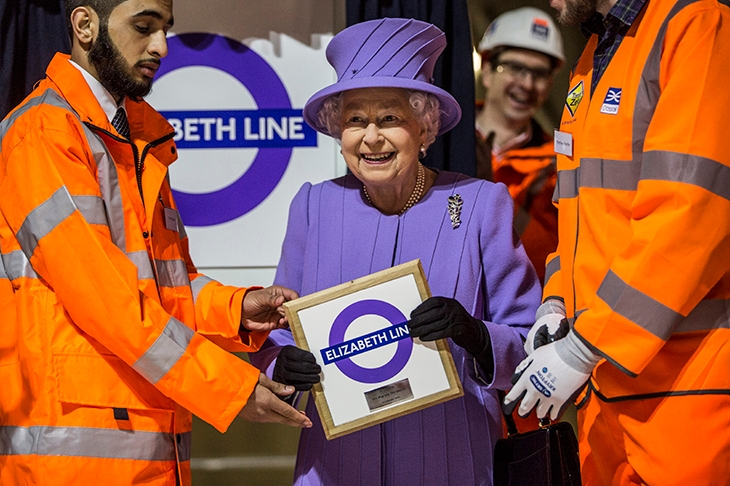Of all those fighting this general election, the Conservatives are the only ones who need a majority. Labour just needs enough seats to club together with the SNP in order to form a government. The nationalists aim to win almost every seat in Scotland and then call a new independence referendum. The Liberal Democrats would like (at the very least) to double their count of 19 MPs, and stand a good chance of doing so. As for the Tories, they cannot rely on the DUP or anyone else to get over the line. Nothing less than an overall majority will do.
In theory, this is not so hard: Boris Johnson needs to win eight more seats than Theresa May did in 2017. The trouble is government ministers say that they find it easier to name the seats the party will lose than those it will gain. Their 13 Scottish seats look rather vulnerable, as do their MPs in the South West. To make up for losses, the Tories hope to pick up seats in Leave towns in the Midlands, northern England and Wales as well as swing seats across the country. But this means winning over voters who have, over the years, proven strikingly immune to Tory charms.

The main focus will be the so-called ‘red wall’ — the block of traditional Labour seats in the Midlands and the North which have been Labour for generations. The idea of these places (e.g. Bolsover, Bishop Auckland and Ashfield) voting Tory was once unthinkable. But the combination of Brexit and Jeremy Corbyn has led the Conservatives to believe that these seats are within reach.
Of course, Theresa May had a similar plan in 2017. She failed, due to a Labour surge, but the Tory vote held up with target seats like Walsall North, Mansfield and North East Derbyshire turning blue.








Comments
Join the debate for just £1 a month
Be part of the conversation with other Spectator readers by getting your first three months for £3.
UNLOCK ACCESS Just £1 a monthAlready a subscriber? Log in